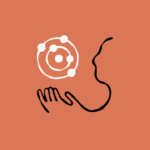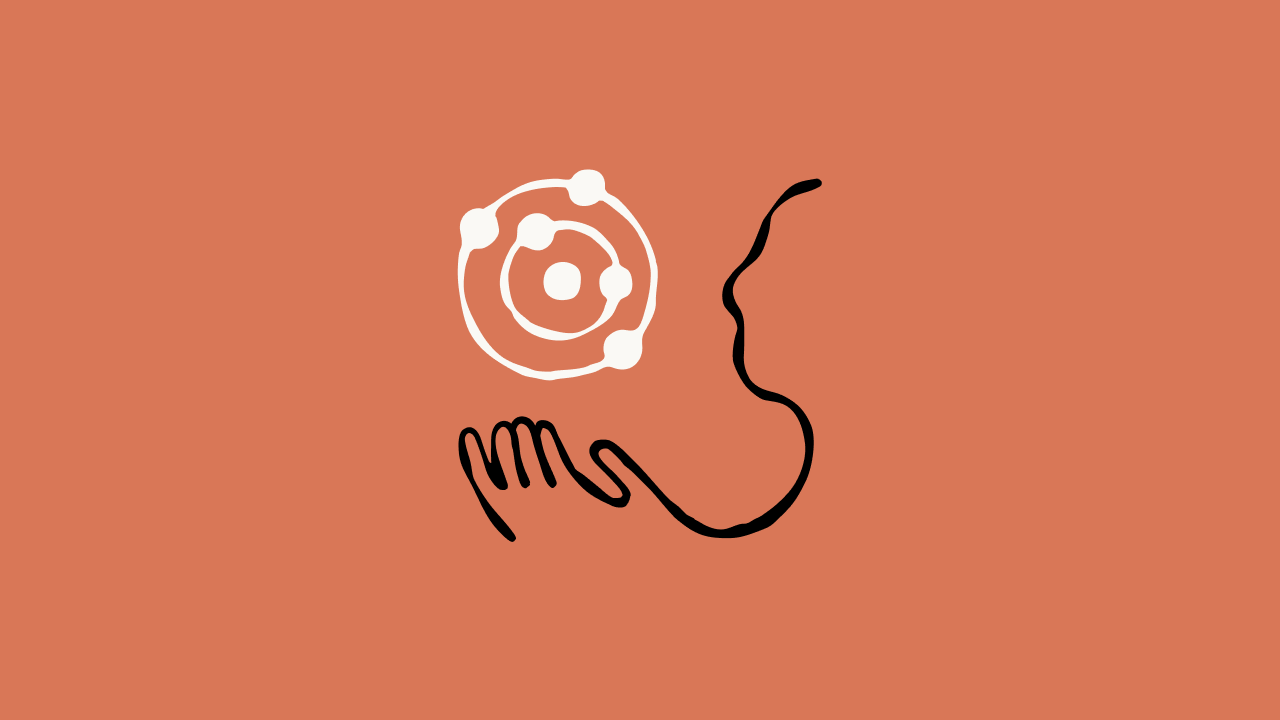Anthropic introduced Opus 4.5 on Monday, releasing the final model in its 4.5 series after Sonnet 4.5 launched in September and Haiku 4.5 followed in October. The new Opus version arrived with the kind of performance many in the AI space expected, pushing state-of-the-art results across several demanding benchmarks, from coding tests like SWE-Bench and Terminal-bench to tool-use evaluations such as tau2-bench and MCP Atlas, and even advanced reasoning tests like ARC-AGI 2 and GPQA Diamond.
Opus 4.5 broke new ground by becoming the first model to score above 80% on SWE-Bench verified, a benchmark many developers consider a tough measure of real-world coding ability. Anthropic didn’t just focus on raw benchmark wins; the company highlighted the model’s computer-use and spreadsheet strengths and rolled out complementary products to show how the model performs in practical daily workflows. Alongside Opus 4.5, Anthropic expanded access to Claude for Chrome and Claude for Excel, tools that had previously been available only to a limited group. The Chrome extension now opens up to all Max users, while the Excel-ready model becomes available to Max, Team, and Enterprise users.
The new release also features major upgrades in how the model handles long-context tasks. Anthropic reworked the memory system so Opus 4.5 can maintain quality over long sessions without losing important details. Dianne Na Penn, Anthropic’s head of product management for research, explained the thinking behind these changes in an interview gathered by TechMarge. She noted that extending context windows alone doesn’t solve the deeper challenge. What really matters is the model’s ability to identify what information truly deserves to be remembered and used later.
That technical shift cleared the way for one of the most requested features from Claude’s paid users: endless chats. Instead of ending conversations abruptly once the model reaches the limit of its context window, Opus 4.5 compresses older information on its own and keeps the conversation flowing without notifying the user. It feels more natural, more human, and more like a system that remembers what you need it to remember.
Many of these improvements clearly aim at agent-based use cases. Anthropic expects Opus 4.5 to serve as a lead coordinator directing Haiku-powered sub-agents across complex tasks. Scenarios like that require strong working memory, and this is where the company believes the upgrades truly show their value. Penn pointed out in remarks gathered by TechMarge that these foundations matter deeply, especially when Opus needs to navigate unfamiliar codebases, review sprawling documents, and know when to pause, go back, or re-evaluate previous steps.
Opus 4.5 enters a highly competitive moment in the AI race. It will contend with other powerful frontier models that arrived in the same season, including OpenAI’s GPT 5.1, released on November 12, and Google’s Gemini 3, unveiled on November 18.














